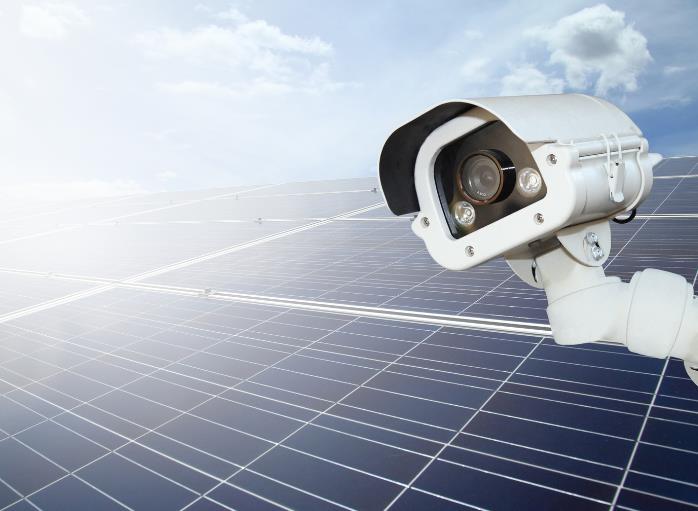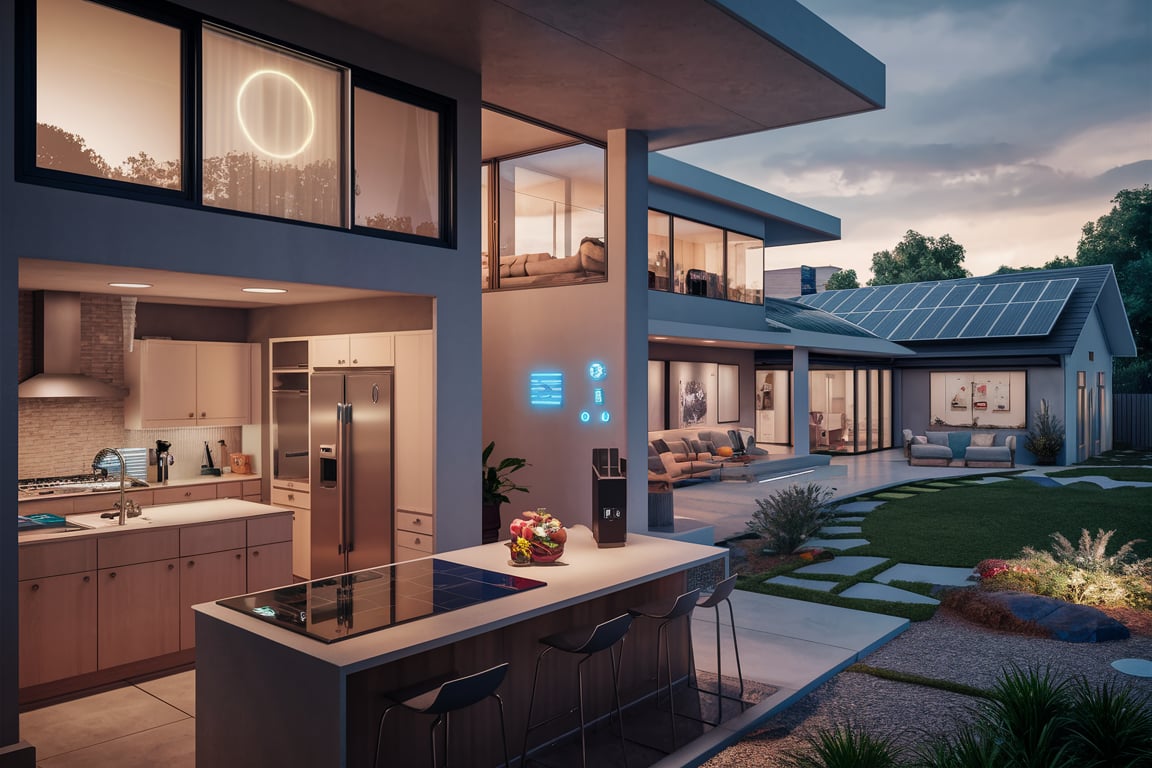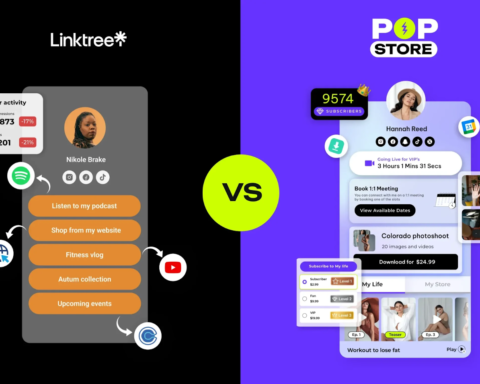As technology advances, security systems have evolved significantly. Among the latest innovations are solar-powered security cameras. These devices promise continuous monitoring without relying on the electrical grid. But, are they truly reliable? This article will delve into the benefits, limitations, and performance of solar-powered security cameras. By the end, you’ll have a clear understanding of whether these eco-friendly options are suitable for your security needs.
The Benefits of Solar-Powered Security Cameras
Before considering the reliability of solar-powered security cameras, it’s important to understand the benefits they offer.
Energy Efficiency
Solar-powered security cameras harness the sun’s energy to function. This means they don’t require traditional power sources. This feature is particularly beneficial in areas where power outages are common. They can operate independently of the grid, ensuring your property is always monitored.
Cost-Effectiveness
One of the main advantages of solar-powered cameras is cost savings. Once installed, these cameras have minimal operational costs. There’s no need for expensive electrical wiring or high electricity bills. Over time, the savings on energy costs can be substantial, making these cameras a financially sound investment.
Environmental Impact
Choosing solar-powered security cameras also has environmental benefits. They use renewable energy, reducing your carbon footprint. By opting for solar energy, you’re contributing to a more sustainable future. This makes solar-powered security cameras system an eco-friendly choice for security.
Limitations of Solar-Powered Security Cameras
Despite their advantages, solar-powered security cameras do have some limitations that should be considered.
Weather Dependency
Their performance can be affected by weather conditions. In regions with limited sunlight, the cameras might not receive enough energy to function optimally. During extended periods of cloudy weather or winter months, their reliability can decrease.
Initial Costs and Installation
While solar-powered cameras save money in the long run, the initial costs can be high. These systems often require a significant upfront investment for the cameras and solar panels. Additionally, installation can be more complex compared to traditional cameras, potentially increasing the initial expense.
Energy Storage Challenges
Solar-powered cameras rely on batteries to store energy. These batteries need to be efficient and durable. Over time, battery performance can degrade, necessitating replacements. Managing battery life and ensuring adequate storage capacity can be a challenge for maintaining consistent camera performance.
Comparing Solar-Powered and Traditional Security Cameras
To make an informed decision, it’s essential to compare solar-powered security cameras with their traditional counterparts.
Reliability and Performance
When comparing solar-powered cameras to traditional ones, reliability is a key factor. Traditional cameras typically have a constant power supply, ensuring uninterrupted operation. Solar-powered cameras depend on weather and battery storage. However, advancements in technology are closing the gap, making solar options increasingly reliable.
Installation and Maintenance
Traditional security cameras often involve extensive wiring and professional installation. This can be both time-consuming and expensive. In contrast, solar-powered cameras, though requiring initial setup for solar panels, can be easier to install in remote locations. Maintenance for solar cameras primarily involves ensuring the solar panels are clean and the batteries are functioning.
Long-Term Costs
While traditional cameras incur ongoing electricity costs, solar-powered cameras do not. The long-term savings on energy bills can offset the higher initial investment. However, it’s important to factor in the cost of battery replacements over time. Ultimately, the long-term costs will depend on individual usage and maintenance practices.
Conclusion
Solar-powered security cameras offer numerous benefits, including energy efficiency, cost savings, and environmental friendliness. However, they also have limitations, such as dependency on weather conditions and initial costs. When comparing them to traditional security cameras, it’s clear that each has its pros and cons. The decision to choose solar-powered security cameras depends on your specific needs and circumstances. With continuous advancements in technology, these eco-friendly options are becoming more reliable and accessible, making them a viable choice for modern security systems.








